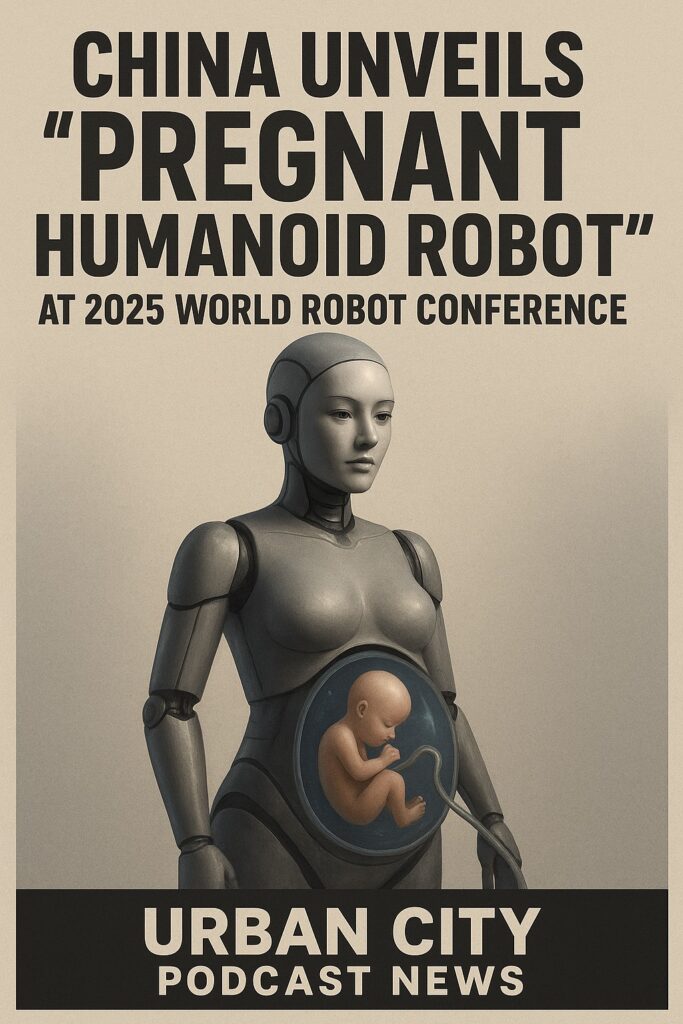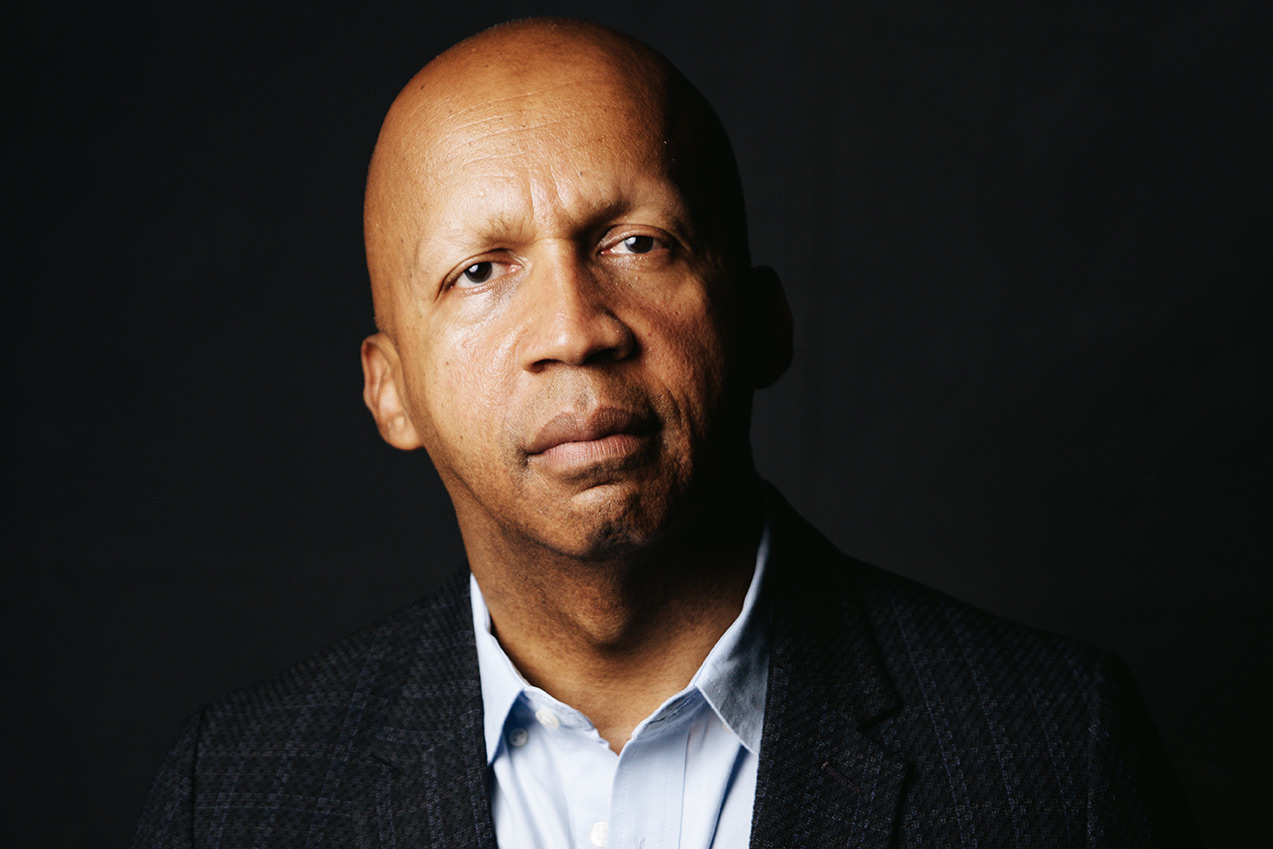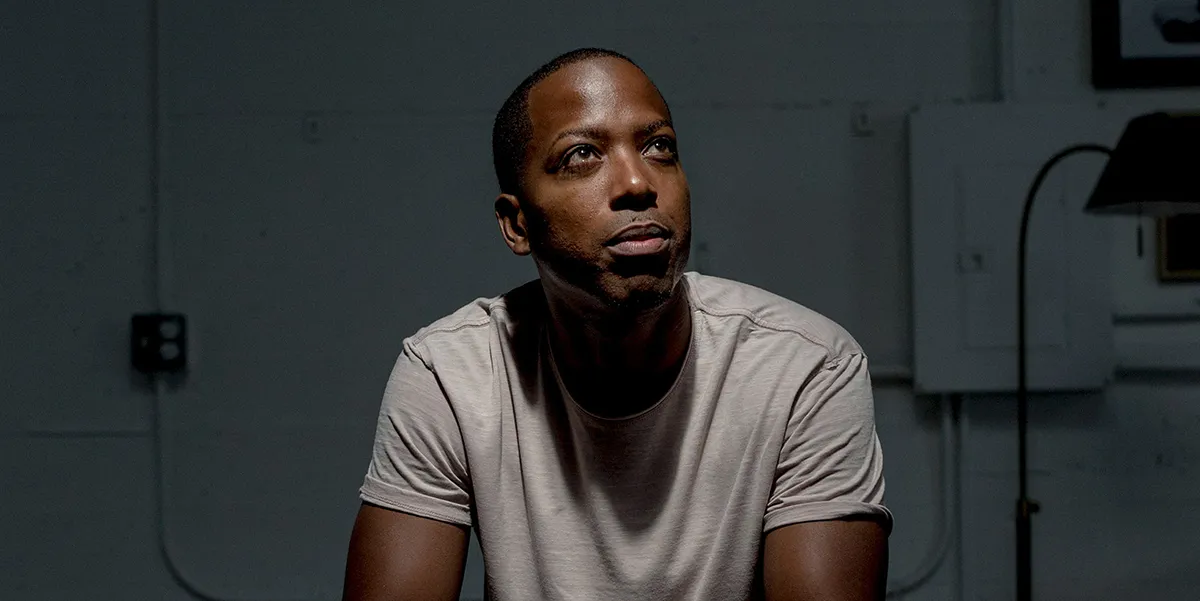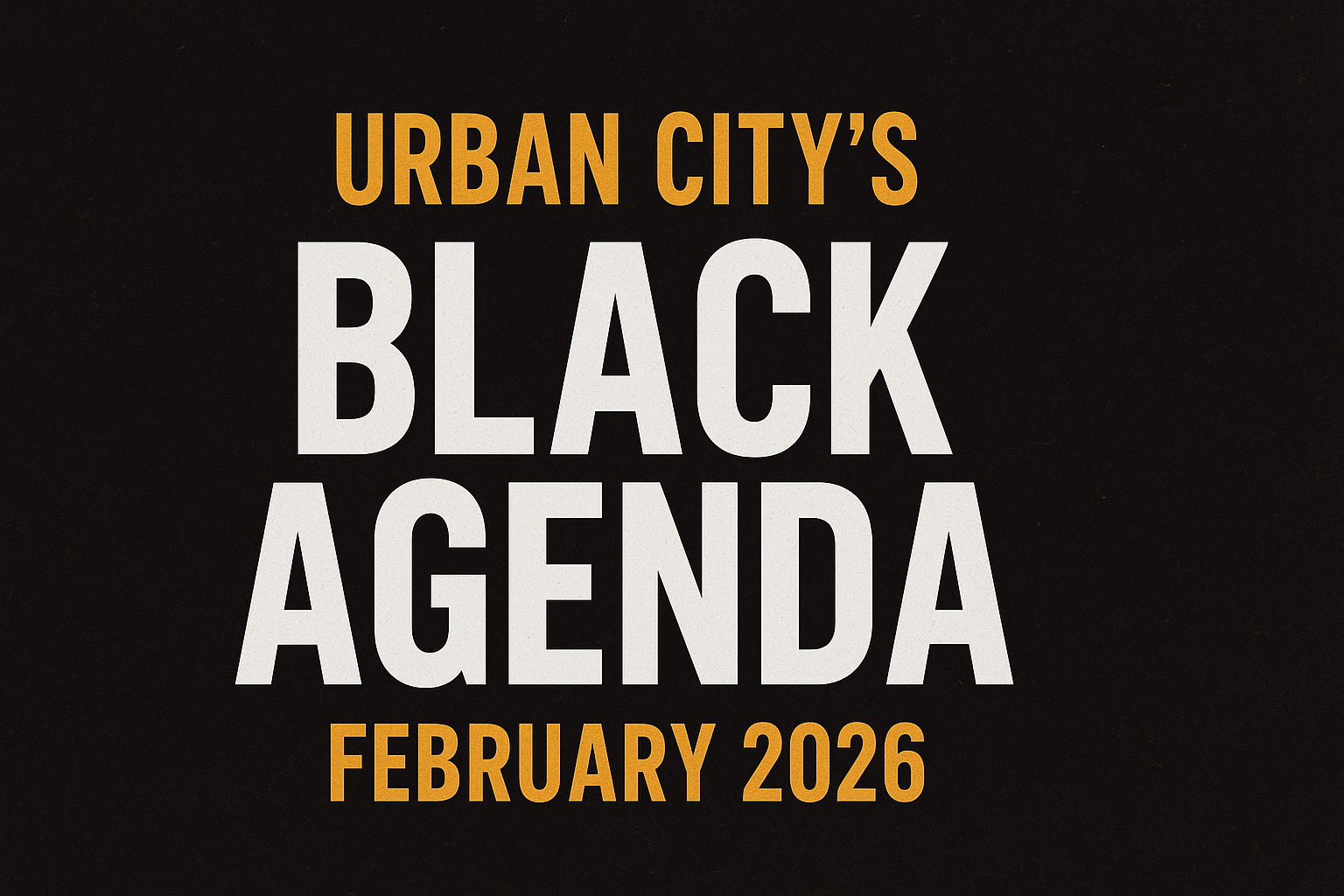At the 2025 World Robot Conference in Beijing, Chinese startup Kaiwa Technology dropped a headline-grabber: the world’s first pregnant humanoid robot equipped with an artificial womb.
The robot is designed to carry a fetus through a full 10-month pregnancy cycle. Founder Zhang Qifeng pitched it as a potential “surrogate alternative” to traditional childbirth. If all goes to plan, Kaiwa expects to deliver a prototype within a year, at a price point under 100,000 yuan (about $13,900 USD).
How it Works
Inside the robot, a fetus would grow in a fluid-filled pod, fed by a hose system that mimics the placenta. The artificial womb tech has already been tested on animals, but applying it to humans opens up a storm of scientific, ethical, and legal questions.
The Debate: Online reactions are split—some hail this as a breakthrough for fertility options and families struggling with pregnancy, while others warn about the risks of outsourcing childbirth to machines.
China’s Bigger Play
This wasn’t the only bold reveal in Beijing. The Chinese Academy of Sciences introduced GEAR, an AI-powered breeding robot that combines robotics with gene editing to accelerate seed production and drive down agricultural costs.
Together, these projects highlight China’s high-stakes push to merge AI, robotics, and biotech—a fusion that could rewrite the future of both reproduction and food security.
Urban City Podcast Take:
A robot mom that can carry a baby? It sounds like science fiction—but Beijing just made it science fact. The real question isn’t can they build it? It’s should we let them? If this tech goes mainstream, we’re not just talking about new options for fertility—we’re talking about reshaping society, family, and maybe even what it means to be human.














